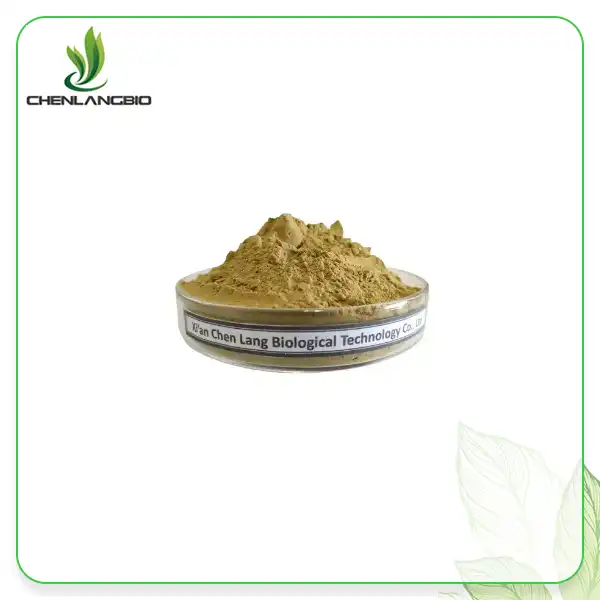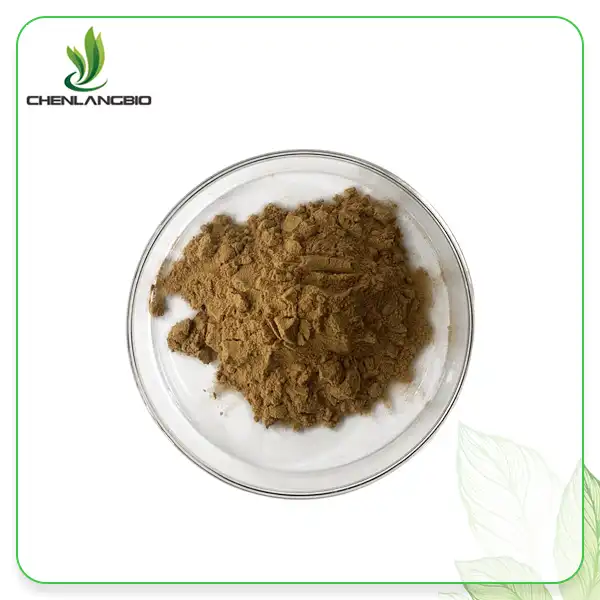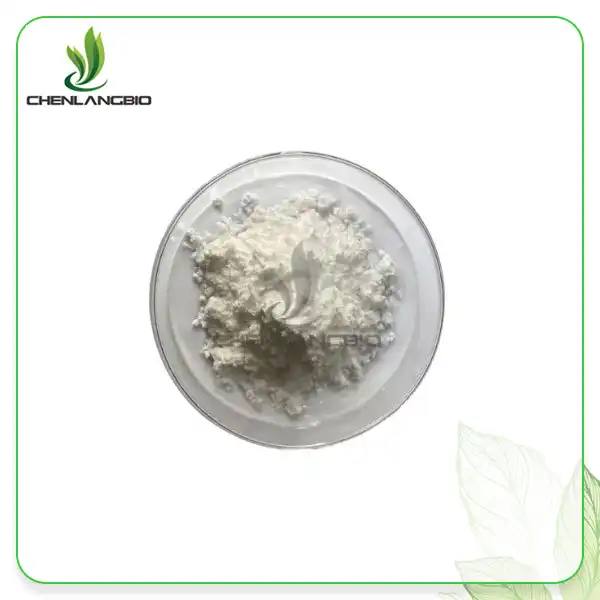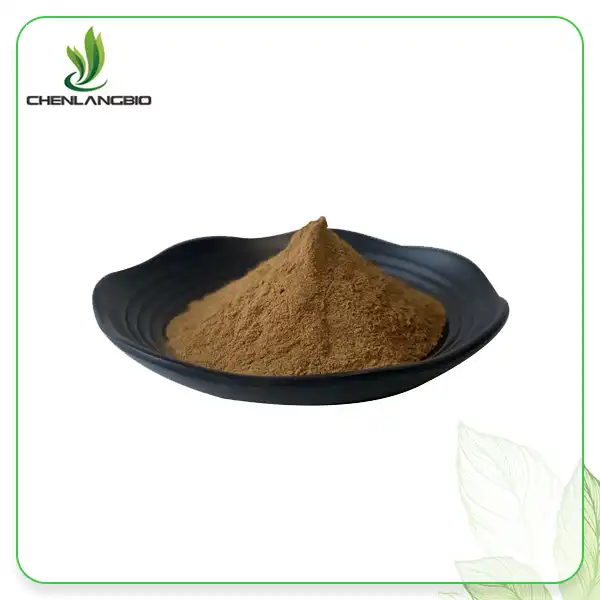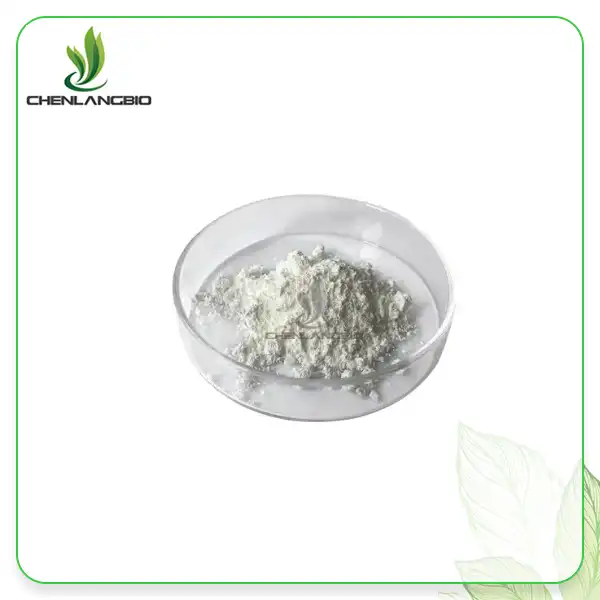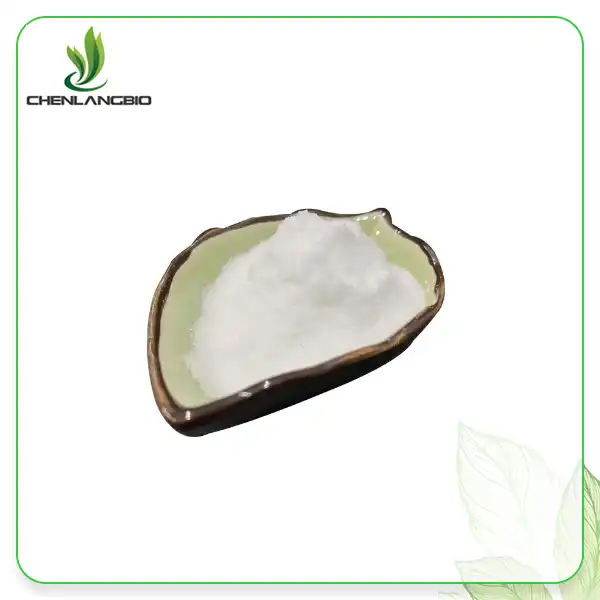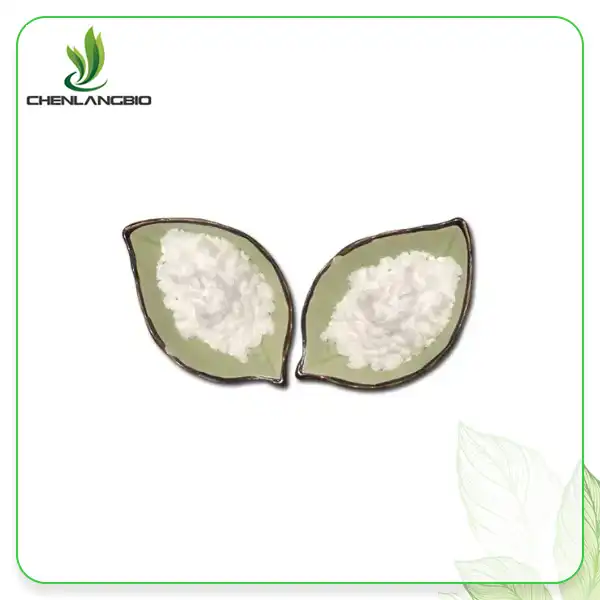Is Bakuchiol Better Than Retinol
2024-08-04 15:52:02
In the realm of skincare, few ingredients have garnered as much attention and debate as retinol. Known for its powerful anti-aging and acne-fighting properties, retinol has long been considered the gold standard in skincare. However, a new contender has emerged: bakuchiol. Often touted as a natural and gentler alternative to retinol, it has sparked considerable interest. But the question remains, is the product better than retinol? This article delves into the comparative benefits and drawbacks of these two popular skincare ingredients.
What Are the Key Differences Between Bakuchiol and Retinol?
Bakuchiol and retinol are both regarded for their capacities to battle maturing and revive the skin, yet their starting points, instruments, and impacts wander essentially. Retinol, got from vitamin A, capabilities by speeding up cell turnover and invigorating collagen union, consequently improving skin surface and immovability. Notwithstanding, its strong nature can prompt potential disadvantages like aggravation, dryness, and uplifted aversion to daylight.
Then again, it is removed from the seeds and leaves of the Psoralea corylifolia plant, offering a characteristic option with a gentler profile. In contrast to retinol, it is more averse to cause dryness or disturbance, making it reasonable for delicate skin types. Research shows that it can actually support collagen creation and further develop skin versatility like retinol, yet without the related unfavorable impacts. This positions it as an engaging decision for people looking for the counter maturing advantages of retinol without the expected disadvantages.
Also, it's regular beginning lines up with the developing purchaser inclination for natural skincare arrangements. Its flexibility stretches out to its similarity with different skincare schedules, guaranteeing it tends to be consistently incorporated into various regimens. Whether utilized as a preventive measure or as a component of a designated enemy of maturing technique, it's capacity to convey results without compromising skin wellbeing highlights its allure in the domain of skincare development.
Can Bakuchiol Provide the Same Anti-Aging Benefits as Retinol?
Anti-aging benefits are often the primary reason individuals turn to retinol, and bakuchiol is now being evaluated on this same basis. Retinol's effectiveness in reducing fine lines and wrinkles is well-documented, thanks to its ability to increase collagen production and accelerate cell turnover. Regular use can result in a significant improvement in skin texture and firmness.
Bakuchiol, while relatively new to the skincare scene, has shown promise in clinical studies. Research published in the British Journal of Dermatology found that it performs comparably to retinol in reducing signs of aging, including fine lines, wrinkles, and hyperpigmentation. Moreover, participants using it reported fewer side effects such as dryness and stinging, which are common with retinol use.
The gentleness of it allows for daily use without the risk of irritation, making it a viable long-term solution for maintaining youthful skin. For those with sensitive skin or those who experience adverse reactions to retinol, it provides a compelling alternative that does not compromise on efficacy.
Is Bakuchiol Effective for Treating Acne?
Acne treatment is another area where retinol has proven to be highly effective. By promoting cell turnover and preventing the clogging of pores, retinol helps to reduce and prevent acne breakouts. However, the irritation and dryness caused by retinol can sometimes exacerbate acne, particularly in those with sensitive skin.
Bakuchiol's anti-inflammatory and antibacterial properties make it an excellent candidate for acne treatment. It helps to calm inflamed skin, reduce redness, and fight acne-causing bacteria. Additionally, it does not cause the dryness and peeling often associated with retinol, making it a gentler option for acne-prone skin.
A study published in the International Journal of Cosmetic Science found that it effectively reduces acne lesions and improves skin clarity. Its ability to regulate oil production further helps to prevent future breakouts, making it a comprehensive solution for managing acne without the harsh side effects of retinol.
Can Bakuchiol Help with Hyperpigmentation and Skin Tone?
Hyperpigmentation and uneven skin tone are common concerns that many turn to retinol to address. Retinol's ability to accelerate cell turnover helps to fade dark spots and even out skin tone. However, the irritation it causes can sometimes worsen hyperpigmentation, particularly in individuals with darker skin tones.
Bakuchiol offers a gentler approach to treating hyperpigmentation. It works by inhibiting the enzyme responsible for melanin production, thereby reducing the formation of dark spots. Additionally, bakuchiol's antioxidant properties protect the skin from further damage caused by free radicals and environmental stressors.
Clinical studies have shown that it can significantly reduce hyperpigmentation and improve overall skin tone. Its gentleness makes it suitable for all skin types, including those with sensitive skin or conditions like melasma. For individuals looking for a natural and effective solution to hyperpigmentation, it provides a promising alternative to retinol.
How Should Bakuchiol Be Incorporated into a Skincare Routine?
Incorporating bakuchiol into your skincare routine can yield impressive results, especially when done correctly. Here are some tips for maximizing the benefits of the product:
Start Slow: If you are new to using active ingredients in your skincare, start with a lower concentration of it and gradually increase it as your skin adjusts.
Combine with Moisturizers: Since it is gentle, it can be used in conjunction with other moisturizing ingredients to keep your skin hydrated and healthy.
Use Both Morning and Night: Unlike retinol, it is not photosensitive and can be used both in the morning and at night. This allows for consistent treatment and better results.
Patch Test: As with any new skincare product, perform a patch test before full application to ensure you do not have an allergic reaction.
Pair with Sunscreen: Always use sunscreen during the day when incorporating it into your routine to protect your skin from UV damage.
By following these steps, you can effectively integrate it into your skincare regimen and enjoy its myriad benefits.
For more information, contact us at admin@chenlangbio.com.
References
Harper’s Bazaar | Bakuchiol: The Plant-Based Retinol Alternative.
Healthline | What Is Bakuchiol and Should You Use It in Your Skin-Care Routine?
Dermstore | Bakuchiol: The Natural Alternative to Retinol.
Byrdie | Everything You Need to Know About Bakuchiol.
Allure | Why Bakuchiol Is One of the Most Exciting Skin-Care Ingredients Right Now.
Vogue | Bakuchiol: The Natural Ingredient Transforming Skin Care.
Paula’s Choice | Bakuchiol: Everything You Need to Know.
The Ordinary | Bakuchiol: Natural and Gentle Skincare.
Indian Journal of Dermatology | Comparative Study of Bakuchiol and Retinol.
Journal of Cosmetic Dermatology | Clinical Efficacy of Bakuchiol in Skin Care.
Send Inquiry
Related Industry Knowledge
- How Much Coenzyme Q10 Powder Should I Take Daily
- Can Sodium Ascorbyl Phosphate be Used with Other Ingredients?
- Can Kopexil Be Used with Other Hair Growth Treatments?
- What is the Difference Between Curcumin and Tetrahydrocurcuminoids
- What is Ectoin Made of
- How Does Quaternium 73 Work As A Preservative
- Can Diabetic Person Take Natural Stevia Extract Powder
- What is Shilajit Extract Powder
- Magnolol Powder for Acne
- What Are the Benefits of Tranexamic Acid


